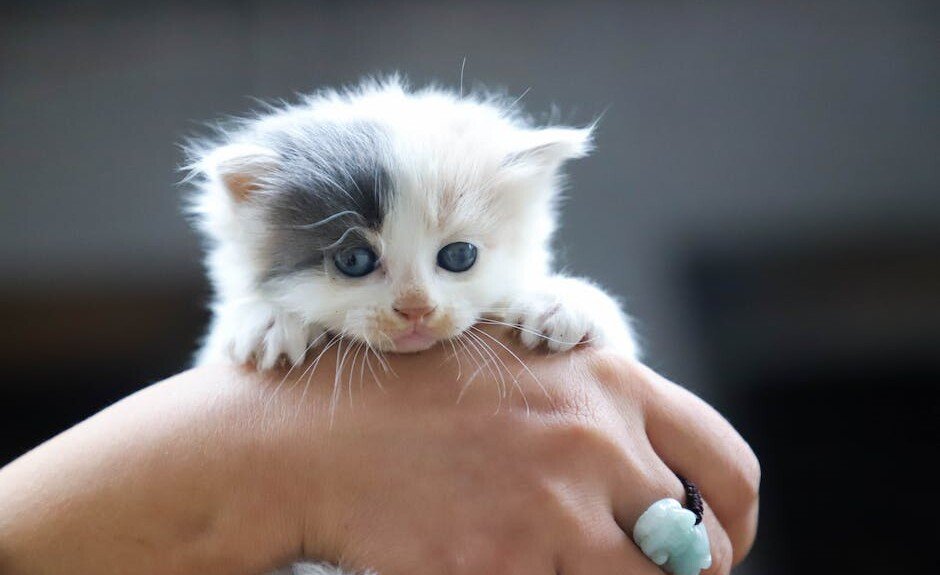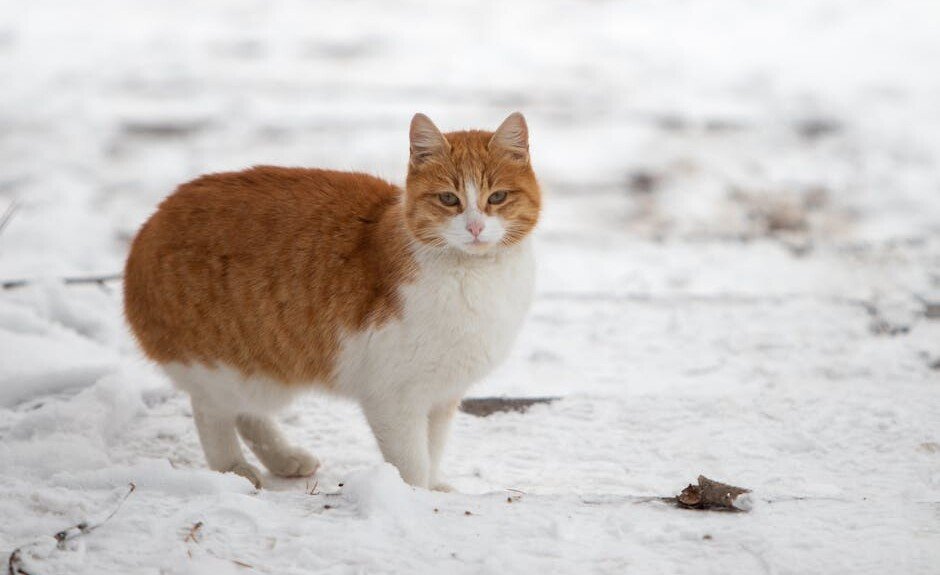Sometimes your cat will do something that seems very odd or strange. This can be anything from going through his normal grooming routines to acting in strangely playful ways.
If your cat is behaving abnormally, it is important to determine what might cause him to act this way. There could be medical reasons such as internal injuries or conditions, nutritional imbalances, or physical problems like dental disease.
It is also possible that your cat may not be feeling well physically or emotionally. If you notice changes in how active your cat has become, he may be experiencing health concerns like weight loss, diarrhea, or fatigue.
This article will discuss some of the more common causes of foaming at the mouth in cats along with potential treatments.
They have a stomach infection

Many things can cause your cat to become sick or even die from oral inflammation, also known as gingivitis. These causes are dental in nature – either because of gum disease or due to problems with teeth and mucosa (gland tissue that covers internal organs).
If you notice your cat acting nervous or anxious, having trouble eating or drinking, or who is constantly foaming at the mouth, they may be suffering from an infectious gastritis. This occurs when there is excessive saliva production which contains bacteria, causing ulceration (sores) in the gut where it comes into contact with fluids or tissues.
In some cases, cats get infected by ingesting diseased food or drink, for example if they eat dried blood drops containing bacterial agents or if they are given tap water instead of purified bottled water. Drinking too much liquid can result in excess salivation, which makes the condition worse.
It is very important to identify the underlying problem early so that appropriate treatment can be started. In many instances, the symptoms go away without any specific intervention, but it is best to rule out other potential causes before assuming that this will do the job.
They got into something toxic
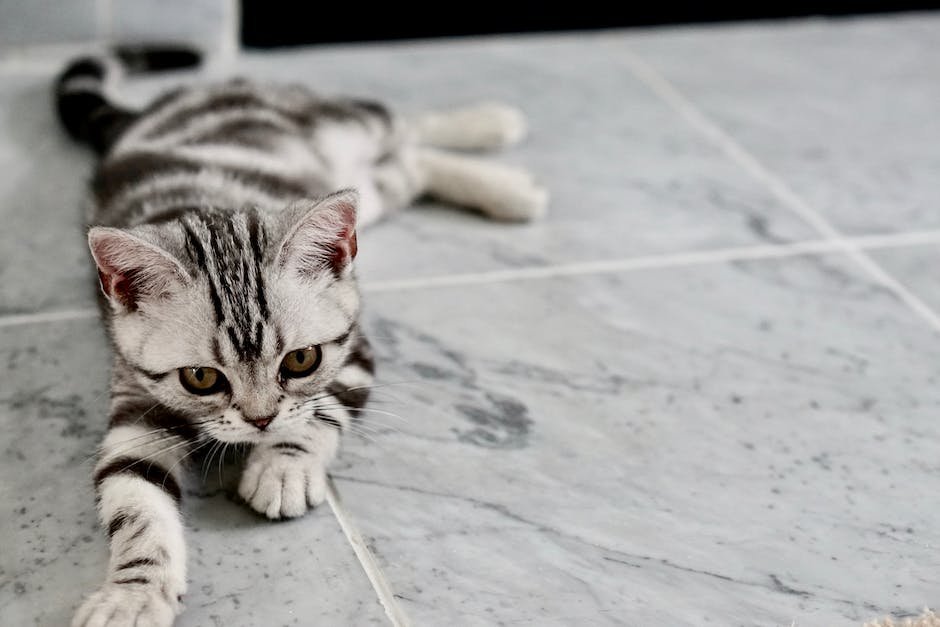
What happens if your cat gets into something poisonous? Fortunately, most things don’t actually contain that much poison unless you think about it, so in those cases, most cats are just fine!
But what if your cat eats something that does contain some amount of toxin?
Well then, they may start to foam or spit out liquid from their mouth, have trouble breathing, become very sleepy, and/or suffer serious health problems.
So what causes this kind of poisoning?
Something many people do not know is that certain types of plants can be harmful to your dog or cat. These are called phytophenols.
Phyto means plant, and phenol refers to a class of molecules that occur naturally in lots of different foods and substances, such as fruits, vegetables, herbs, spices, and even synthetic drugs like aspirin and ibuprofen.
Many of these chemicals work by altering the function of an enzyme called phosphorylase b. This enzyme plays a key role in breaking down glucose (sugar) in our blood. When it works properly, it helps keep blood sugar levels normal.
When there is too much phosphorylase b around, though, glucose is broken down faster than it should be, which can cause high blood sugar levels and diabetes.
Some phytophenols also interfere with this enzyme, making it harder for your body to regulate blood sugar.
They are experiencing pain
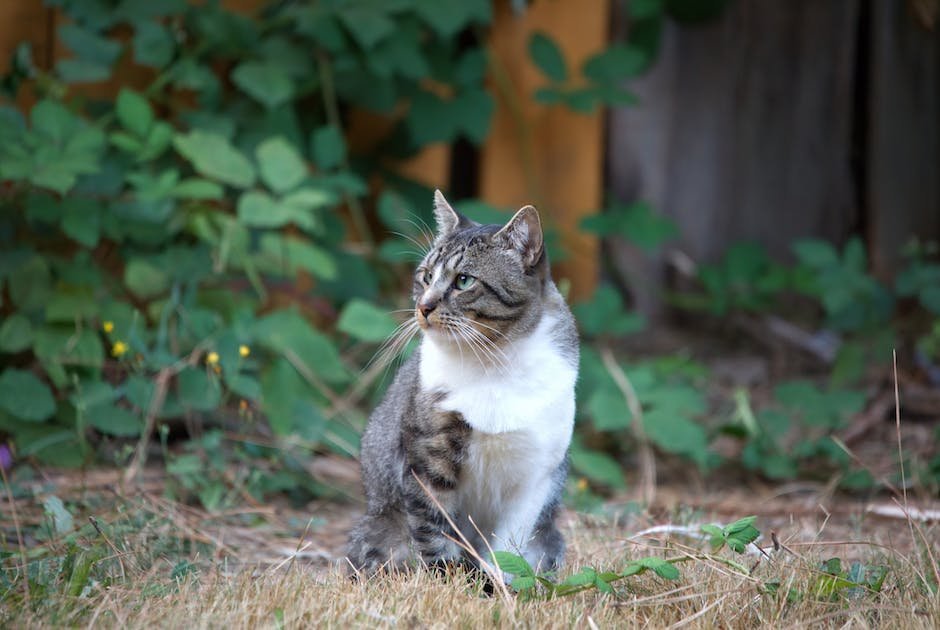
If your cat is foaming at the mouth, licking his or her lips excessively, rubbing them hard against other areas of their body, or acting nervous and/or aggressive toward other animals or people, they may be suffering from heat stroke.
This can happen to any species, but it’s much more likely in cats due to their lower surface-to-body ratio. Since dogs and humans have fur to keep us warm, we have thicker skin that helps regulate temperature naturally, while cats do not.
When temperatures rise above 102 degrees F (39ºC), your pet’s blood no longer functions properly. This could potentially lead to death unless treatment occurs soon.
What should you do if your dog or cat gets heatstroke?
Fortunately, this disease is treatable and most pets recover fully with appropriate medical care. While there is no known cause for heatstrokes in cats, some things may increase your cat’t risk of getting it include:
Living in very hot weather
Being exposed to excessive amounts of sunlight
Having poor quality cooling systems such as hair and ears
If your pet was diagnosed with heatstroke, here are some tips to help promote recovery:
Make sure your pet is eating enough food! Depending on their size, breed, and activity level, normal sized adult housecats need about one cup of dry food every morning and night.
They are having a seizure
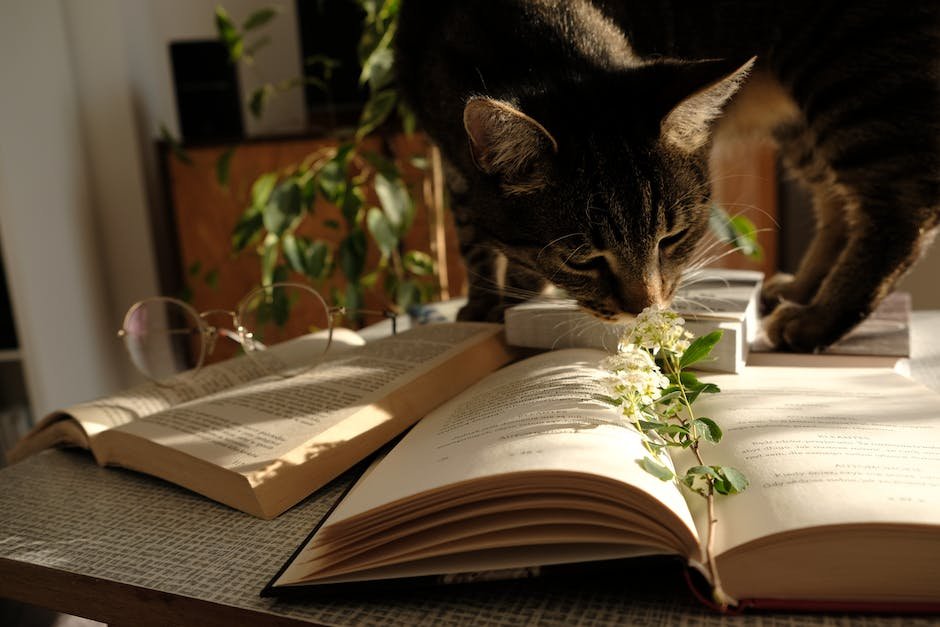
A cat that is foaming at the mouth has actually had a seizure. This can happen when your pet suffers from heat stroke or ketoacidosis, which is an uncomfortable state of high glucose levels and low blood pH.
If you see your dog or cat acting strangely and looking extremely thin and dry, they may be suffering from heatstroke. For dogs, this typically happens after they are exposed to extreme temperatures for too long. For cats it is usually due to them being dehydrated.
Symptoms of heatstroke in animals include restlessness, excessive drooling, heavy breathing, twitching, jerking movements and sometimes vomiting or diarrhea. If these symptoms occur, call your vet right away!
For some pets, like Dandy, his owner was able to bring him back around by putting ice packs directly on his nose and throat every few minutes until he recovered. Luckily, he got to make a full recovery.
What should you do if you notice signs of heatstroke in your dog or cat?
First, try to get their temperature under control by using cooling blankets or towels and cool water bottles. Never apply direct heat to the animal’s skin as this could cause further overheating.
Second, check to see if they have any visible cuts or wounds that could be causing bleeding. Even minor injuries such as scrapes or fur getting stuck in something could contribute to the problem.
They are in shock
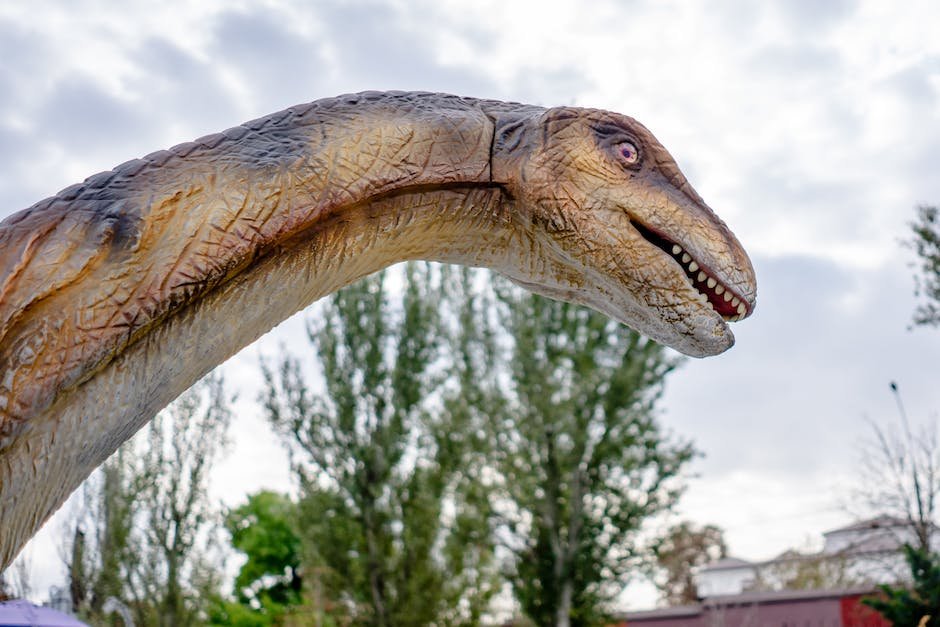
A dog or cat that is experiencing mouth foams, red patches on their skin, dry or wet licking of the area, or bubbles coming out of the nose is usually because they have been exposed to acid.
Acid can occur from ingesting something such as milk, meat, chemicals, or water (for example, if you was drinking liquid and it suddenly stopped), being hit by a car, getting into fight with another animal, or chewing off or tearing tissue from elsewhere in the body.
It can also be caused by internal bleeding or inflammation. Sometimes no apparent cause can be found. When there is no known reason for the symptoms, it is called idiopathic.
Symptoms typically go away within 24 hours but may take up to two weeks depending on how much acid was ingested and what kind. Some people who drink alcohol may experience more severe symptoms due to the effect alcohol has on slowing down blood flow.
Returning your pet to normal takes as many as twenty four hours per symptom so you should always watch them closely until you know they are better.
They are going into anaphylactic shock
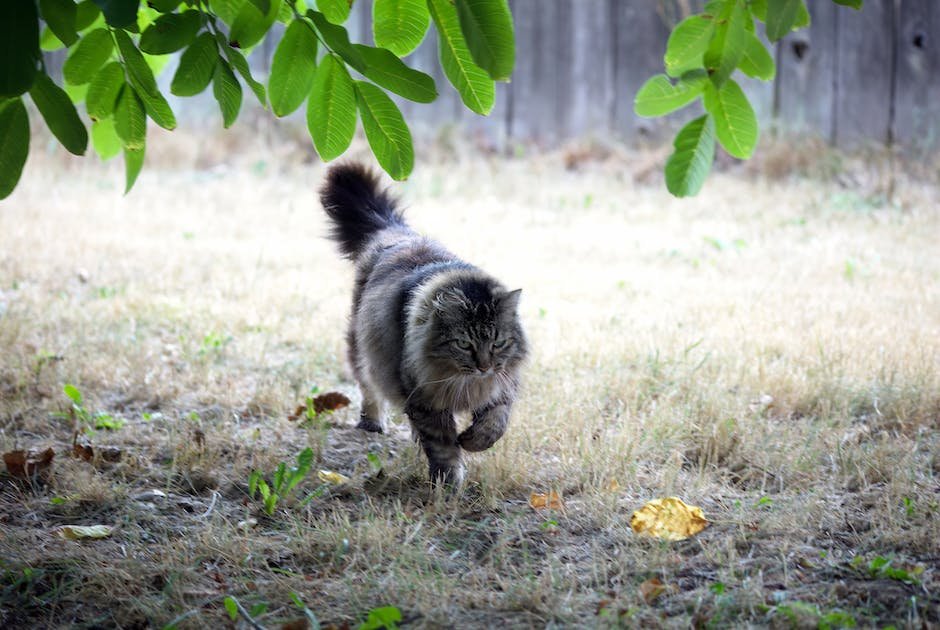
Anaphylactic reactions occur when your body is exposed to something it does not like and enough of a reaction occurs that symptoms develop quickly, increasingly severe, and potentially life-threatening.
Symptoms can include hives or welts across the skin, trouble breathing, red flushing (tongue), fatigue, slurred speech, poor coordination, fainting, and/or vomiting.
A cat’s saliva contains a compound called IgE which causes allergic reactions in some people. If you are around cats and they get wet or their saliva touches your skin, then your immune system will produce too much of this allergy causing chemical. This happens mostly during times of exposure, such as when a cat licks its back after washing or during playtime.
If your pet is suffering from heat related health issues, may require veterinary attention immediately.
They are trying to get rid of a parasite
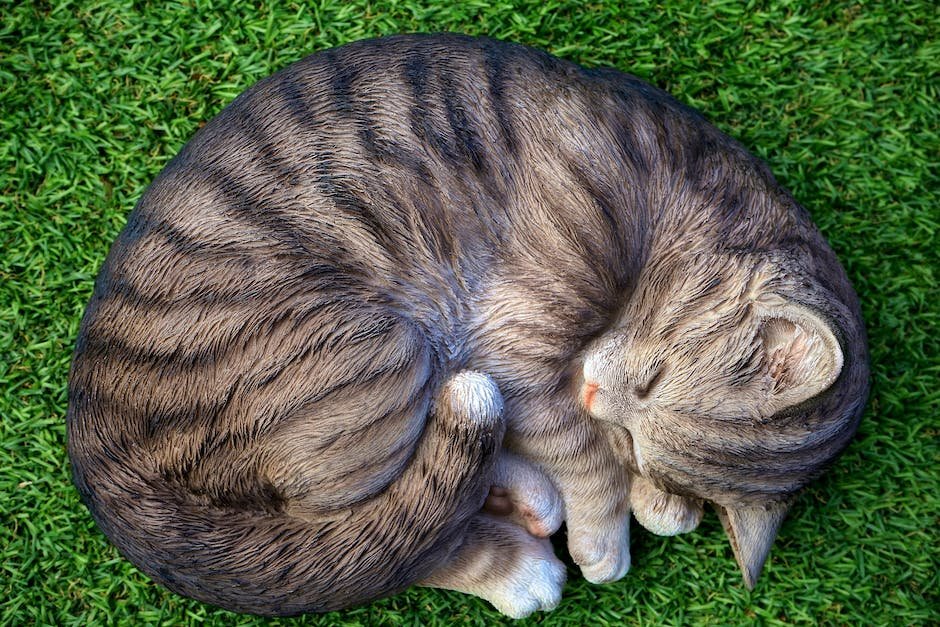
Sometimes, your cat will do something weird or funny. While some behavior patterns are cute (like when your dog rolls around looking for a place to sleep), other behaviors can be frustrating and scary.
When your cat is acting strangely, it’s important to determine what was done wrong and if they need medical attention.
It may seem impossible at times but there are ways to identify the cause of your pet’s symptoms and see how best to treat them. By getting the right diagnosis, you can save not only your beloved pooch, but also help prevent similar conditions in future.
Fortunately, most cases of oral foaming occur due to dental disease or as a side effect of medication use. If your furry friend has been diagnosed with gum inflammation or cancer, then it’s very possible that infection or chemical imbalance caused the abnormal tongue action.
They are not eating enough

If your cat is foaming at the mouth, they may be suffering from water intoxication or drinking disorder. This can occur when an animal gets too drunk on their fluid intake!
Usually this happens after an animal consumes a large amount of liquid due to either being thirsty or wanting to drink more than normal. Since cats have very thick fur coats, they are prone to dry out much faster than someone with shorter hair would.
This could be because animals need to keep themselves warm by sweating so they retain less moisture than people do. It also takes longer for their body to remove excess water once it is absorbed which can lead to health issues if left untreated.
Since dogs already get rid of some of the water through urination, they tend to focus that process instead of having a bowel movement. This doesn’t happen as much in humans and other animals, but still important to check out for cats.
If you notice any changes in activity level, sleeping patterns, appetite, breathing, drooling, weakness, or dizziness, see your veterinarian right away. Don’t try to treat yourself as there are sometimes serious complications involved with water intoxication.


